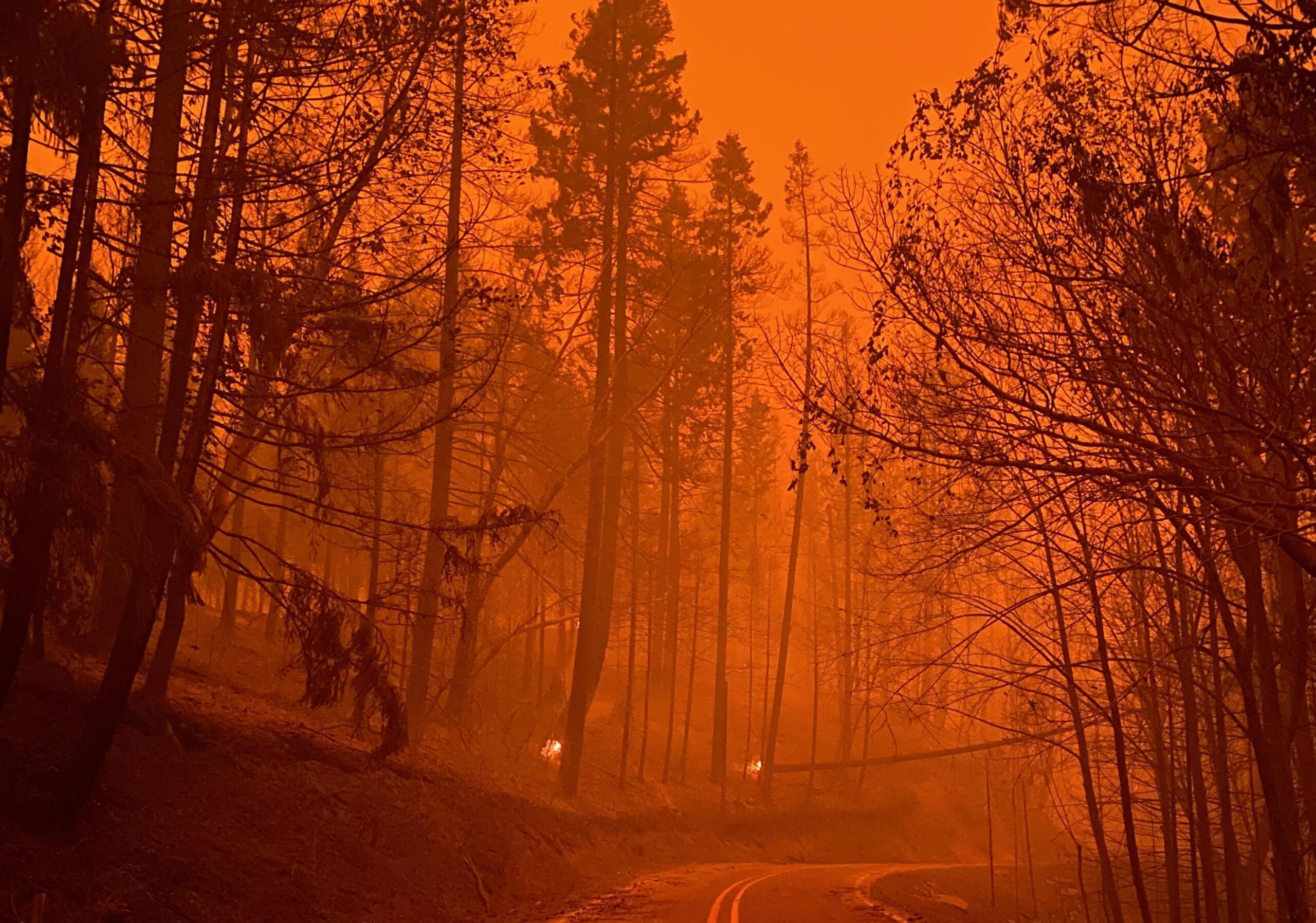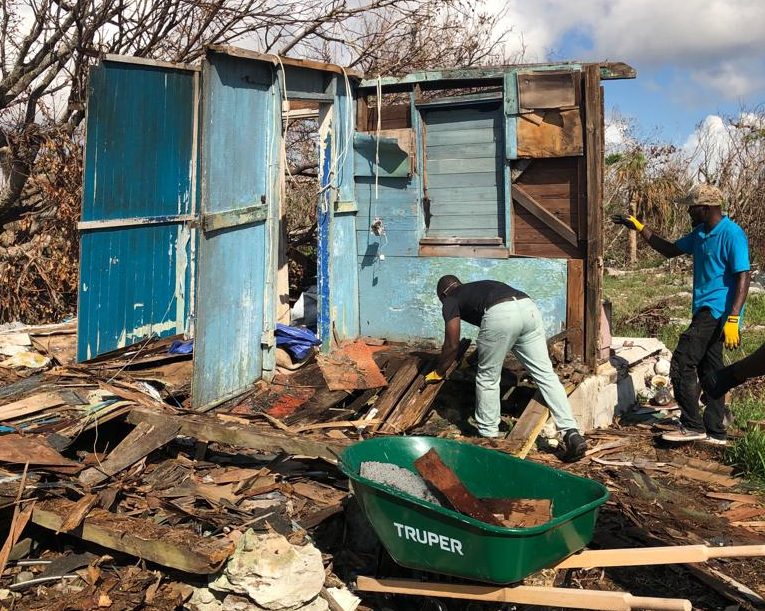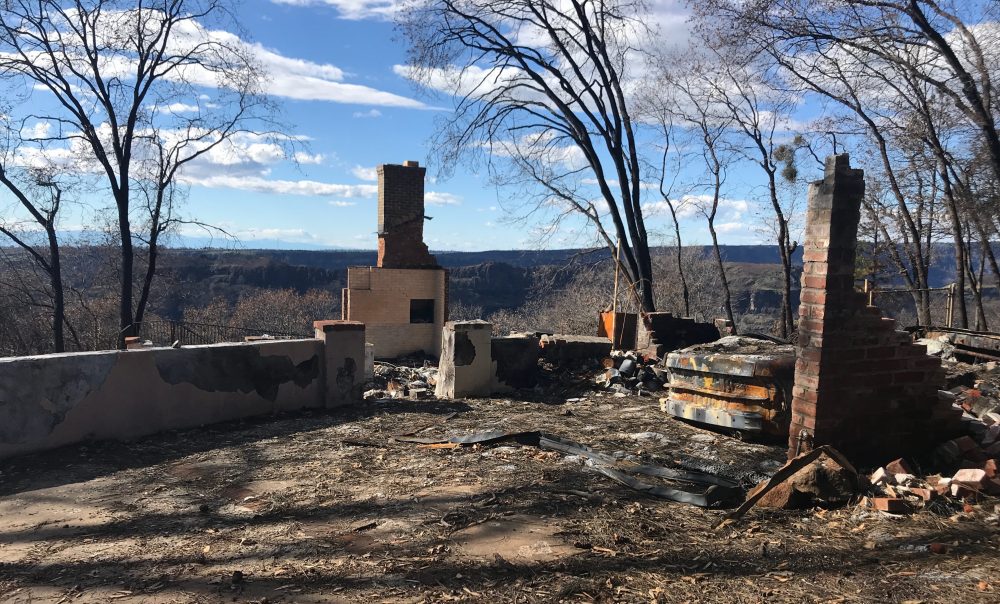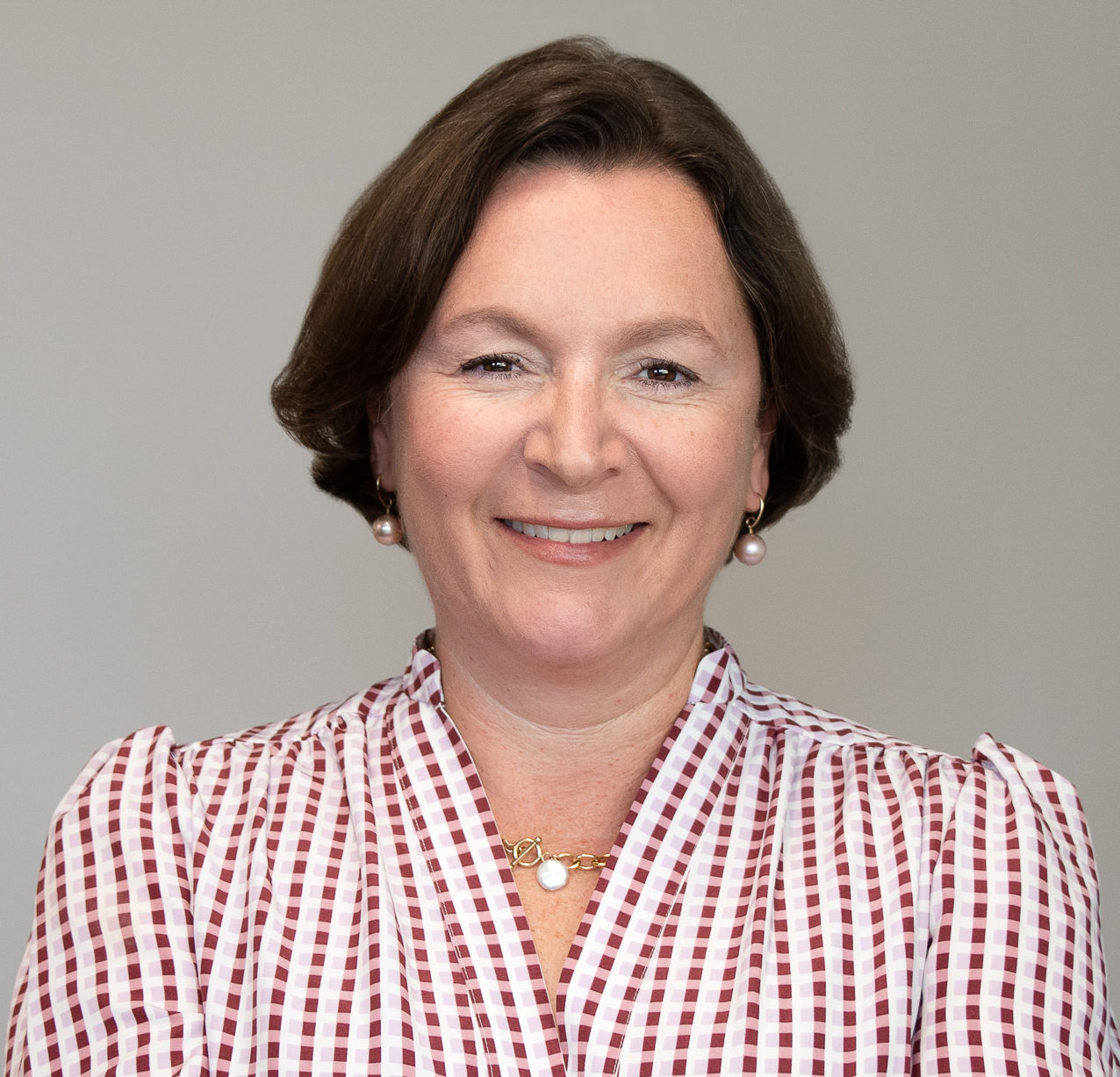Moving from Confrontation to Courage
The year 2020 has been unlike any other in my lifetime. Memes, GIFs, hashtags and epithets abound when it comes to describing 2020’s impacts on … well, everything. Starting in January, 2020 has confronted just about every facet of our lives. This confrontation has brought intense discomfort that has been followed by astounding courage. The […]

The year 2020 has been unlike any other in my lifetime. Memes, GIFs, hashtags and epithets abound when it comes to describing 2020’s impacts on … well, everything. Starting in January, 2020 has confronted just about every facet of our lives. This confrontation has brought intense discomfort that has been followed by astounding courage.
The pandemic brought physical discomfort in the first quarter of the year with stay-at-home orders encouraging each one of us to help “flatten the curve.” We are still confronted by the reality that our physical movement around town (especially without a mask) compromises and endangers the physical health of our neighbors and the broader community. Frontline health workers, educators, the scientific community, social safety net providers, our children and older adults are facing the pandemic with courage; they have risen to the confrontation.
The murder of George Floyd, prompting nationwide protests, confronted the reality that many of us would no longer tolerate structural racism and centuries-long oppression. Social injustice became the second pandemic of the year.
Public discourse has ranged from peaceful, student-led protests to months-long violent demonstrations calling for the removal of public racist symbols and changes in police culture and practices. Leaders of the Black Lives Matter movement and other organizations led by and serving Black, Indigenous and other people of color are courageously standing up for racial justice and challenging the comfort of white privilege.
As I write this, wildfires are scorching acres upon acres in the western United States and in Greece, Iran and Turkey; Iowa is slowly digging out from a catastrophic derecho; Southwest Louisiana is reeling from Hurricane Laura; Hurricane Sally is making its landfall in the Gulf Coast; flooding is rife across at least seven African nations; and there are at least six additional storms in the Atlantic Ocean with the potential to intensify over the coming week. Natural disasters are confronting us with the resulting devastation.
The Center for Disaster Philanthropy typically considers October to be an early start to Western wildfire season. An August start is unheard of in our experience. But as The New York Times noted, “Federal government scientists predicted two years ago that greenhouse gas emissions could triple the frequency of severe fires across the Western states.”
Similarly, we are about to exhaust the Roman alphabet-named storms for this year’s Atlantic hurricane season, moving into the Greek alphabet for the first time since 2005.
The science is clear on climate change. The physical evidence – deforestation, wildfires and storms – are tangible. The courage, however, is not yet present.
Philanthropy, as a field in its broadest sense, has started its journey in the confrontation to courage continuum over these past nine months as well. Funders of all ilk have faced the discomfort of determining how to effectively respond to a global pandemic, and then dug deep into their endowments to fund vaccine development and social services alike. Many in the philanthropic community are confronting the inequities perpetuated by traditional philanthropy and upending ingrained privilege.
The question now is, facing unparalleled disasters nationally and internationally, can philanthropy demonstrate the courage to name these natural events for what they are – as proof of how climate change exacerbates natural disasters – and then act accordingly to meet short-term, immediate needs while also strategically investing in solutions?
It is my sincerest hope that we can meet that confrontation and marshal the necessary courage.
More like this

Lest We Forget

